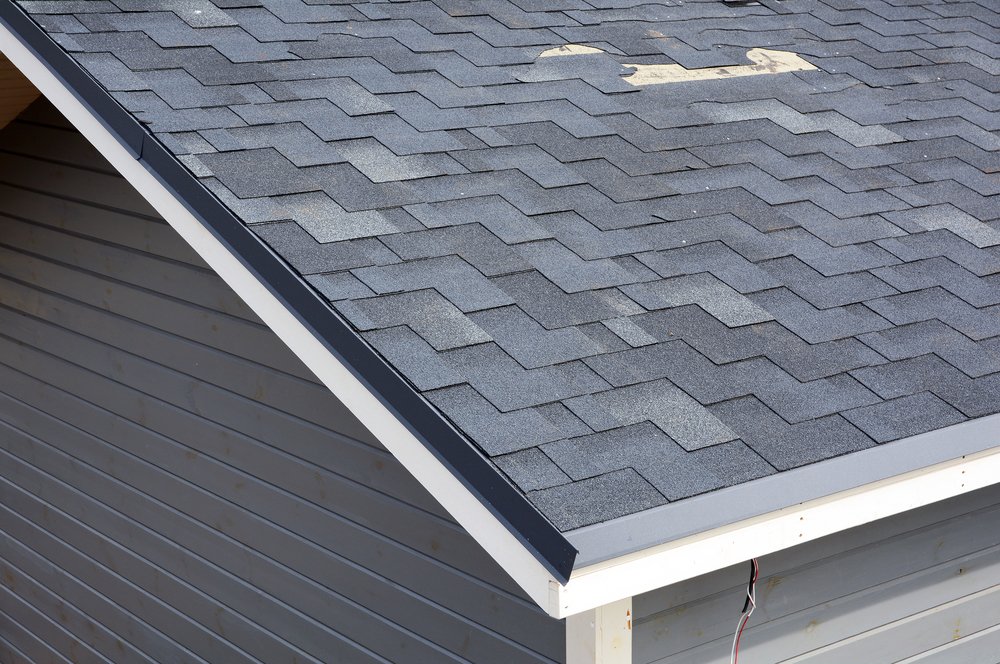New Windows & Energy Efficiency
In the U.S., the average home used over 10,000 kilowatt-hours every year. With energy costs always increasing, homeowners are always looking for ways to save energy.That's where new windows come in. You might not realize it, but some of your windows are likely due for some replacements. Why not replace them with energy-efficient ones?
In this article, we'll be outlining what energy-efficient windows are and how new windows improve energy efficiency.
What Are Energy Efficient Windows?
What do we mean by new energy-efficient windows?For starters, energy-efficient windows are windows designed to prevent warm or cold air from escaping your home. Homeowners lose about 10% of their home's generated heat through windows.
With increased insulation comes decreased AC or heater usage. This translates to much greater energy efficiency and lower energy bills during the summer and winter.
As such, energy-efficient windows are excellent for lowering energy bills. But how much can new ones cost?
How Much Can You Save With Energy Efficient Windows?
According to the U.S. Department of Energy, installing energy-efficient windows can save you anywhere from $100 to $274 in average energy bills.This amounts to about 12 to 33 percent of total heating and cooling bills. Remember that this is only an average estimate. You could potentially save even more depending on your home's climate.
If you install more than one new energy-efficient window, you could multiply your energy savings as well!
Not only are savings one of the benefits of new windows, but it also improves your home's value. Clean new windows that are also energy-efficient can improve your selling price if you're looking to sell anytime soon.
How New Windows Improve Energy Efficiency
But how can new windows improve energy efficiency in the first place? What causes these windows to lower your energy bills so substantially?How effective your windows are in saving you money depends on several factors, including the glass it's made out of and how or where you install them. Here are four main factors that help windows become energy-efficient:
Energy-Efficient Glass
Most traditional windows are made out of single-pane glass, whereas energy-efficient ones are usually made of double-pane glass. The difference is obviously how much dual-pane glass insulates your home.Inert argon gas is used between panes of glass to reduce thermal transfer and leads to better insulation.
Thermopane glass windows take this a step further. These windows are specifically designed to insulate your home from inclement weather. They're excellent for keeping warm or cold air in your room.
Window Placement
Some areas of your home are draftier or are much more susceptible to air leakage than others. Investing in energy-efficient windows is great, but where you install them can make a big difference.New windows let you target areas in your home that are known to let cold air escape and prevent that from happening. If you've got a room that has some noticeably leaky windows, installing new ones can help reduce your heat losses in the winter.
Better insulation means more insulation, which leads to greater energy-efficiency!
Window Installation
Just because you buy new energy-efficient windows doesn't mean you're immediately going to start saving on your energy bills. You have to install them correctly to reap the rewards.Checking things like the level, plumb, square, and the reveal helps you install your windows properly. Luckily, you can call on professionals to help you through this process!
Window Frame Construction
We mentioned how your window's glass helps determine energy efficiency, but what about the frame?Frame material, surprisingly enough, can have a big effect on home insulation.
Wooden frames have low conductivity for decreased heat or cool transfer. Fiberglass frames will hold up to inclement weather, and vinyl frames are known to reduce heat loss as well.
As such, new windows made using these frames improve your energy-efficiency by further increasing your home's insulation.
Should You Replace Your Windows?
At this point, you know some of the benefits of new energy-efficient windows. If you're unsure about whether or not to go through with it, we can help you make a decision.There are three main factors for replacing your old windows: their age, their frames, and their seal integrity.
Age
Your windows might be getting up there in age, but sometimes a few repairs might just do the trick. If you can't find the right parts for repair, then it's time to find replacement windows.Rotting Frames
While rotting windows can be fixed if you isolate the problematic areas, it's no guarantee. If you've neglected your rotting frames for some time, it's sometimes easier to just replace them with new windows.Seal Integrity
As we said before, drafty windows can ruin your home's energy efficiency. Small drafts can be fixed or covered up. Excessively drafty windows, on the other hand, might need replacing.Tips for Selecting New Windows
If you're thinking about replacing your windows with newer, more energy-efficient ones, there are a few more things to consider.You want to choose the right window for your specific home needs. Here are some tips for selecting the perfect energy-efficient window:
- Look for windows with ENERGY STAR or NFRC labels
- If you live in a warmer climate, look for windows with coatings
- If you live in a colder climate, gas-filled windows are ideal
- Search for windows with a low solar heat gain coefficient (SHGC)
- Choose windows with low U-factors since it has better thermal resistance to cold climates
Get a Quote for New Energy Efficient Windows Today
Understanding how new windows improve energy efficiency is the first step to better insulating your home while saving big on your energy bills. Use this guide to start your energy-efficient window search.If you're looking for insulated windows that fit the look of your home, we can help you out. Schedule a quote and we can get you started on your window search today!
Subscribe to Amos Exteriors's Blog






Comments